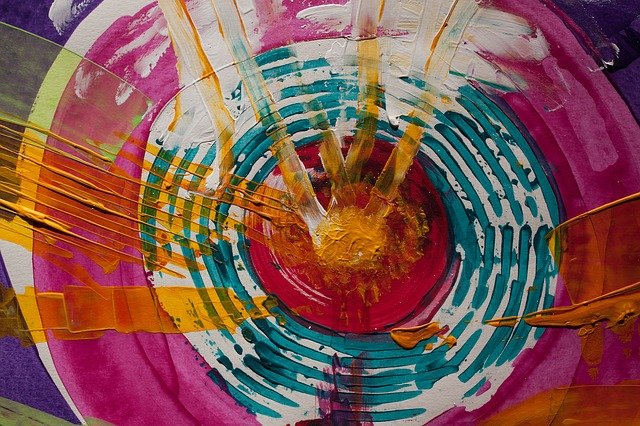Pedagogy in Cuba: notes for reflection
Main Article Content
Abstract
The article presented theoretical reflections on the debate of pedagogy as science in Cuba over the past six decades, taking as reference the publications that artillerist is fundamentally have. Theoretical reflections are based on two axes: what are the hallmarks of pedagogy as science in Cuban debate? What issues and topics are included in pedagogical research? The analysis of these axes led to final considerations. For the development of reflections on the approach to the problem, we follow the logic of determining periods, this is part of the research tradition in Cuba, where the relationship of education with the context marks a guideline in studies on the subject. The stages that were established for analysis were: the genesis of a conception, the nineties other spaces for analysis and proposals, the 21st century what continues and what is incorporated into the debate on pedagogy. These stages follow the logic of the development of the texts consulted, without a temporal criterion, each of them identified groups of researchers and texts with greater dissemination, which prevails from one stage to another to where possible, the influence of one collective and/or educator with respect to another. It was considered appropriate, not only to describe reality and point out researchers and texts, but also to record the ideas underpinning the Cuban conception.
References
Álvarez, C.1998). La Pedagogía como ciencia o epistemología de la educación. Editorial Félix Varela.
Buenavilla, R. (2005). Naturaleza y alcance de la pedagogía cubana. Curso 59. Pedagogía 2005. Instituto Pedagógico Latinoamérica y Caribeño (Iplac).
Cánovas, L., y Chávez, J. A. (2008). Problemas contemporáneos de la pedagogía en América Latina. En G. García (2008), Compendio de pedagogía. Editorial Pueblo y Educación.
Chávez, J. (1996). Bosquejo histórico de las ideas educativas en Cuba. Editorial Pueblo y Educación.
Chávez, J., Suárez, A., y Permuy, L. (2005). Acercamiento necesario a la pedagogía general. Editorial Pueblo y Educación.
Chávez, J., Deler. G., y Suárez, A. (2007). Principales corrientes y tendencias a inicios del siglo XXI de la pedagogía y la didáctica. Editorial Pueblo y Educación.
Chávez, J. Deler. G., y Suárez, A. (2009). Principales corrientes y tendencias a inicios del siglo XXI de la pedagogía y la didáctica. Curso 19. Pedagogía 2009. Sello Editor Educación Cubana. Ministerio de Educación.
Chávez, J. Cánovas, L., y Valera, O. (2002). Marco conceptual para la elaboración de una teoría pedagógica. Grupo de pedagogía del ICCP. En: García, G. (2002/2003/2008). Compendio de pedagogía. Ministerio de Educación, Editorial Pueblo y Educación.
Colectivo de autores. (2004). Reflexiones teórico-prácticas desde las ciencias de la educación. Editorial Pueblo y Educación.
Cuétara, R., y Hernández, L. (2017). Dr. C. Rolando Esteban Buenavilla recio: una vida dedicada al magisterio. Varona. Revista Científico-Metodológica, (66), 1-8. http://scielo.sld.cu/pdf/vrcm/n66/1992-8238-vrcm-66-e02.pdf
Elejalde, Á., Larez, R., Sánchez, F., Benítez, Z., y Ramírez, B. (2007). ¿Qué es la Aelac? Revista Iplac, (3). https://web.archive.org/web/20140309213823/http:/www.revista.iplac.rimed.cu/index.php?option=com_content&view=article&id=828:iqus-la-aelac&catid=148&Itemid=113
García, G. (2002/2003/2008). Compendio de pedagogía Ministerio de Educación, Editorial Pueblo y Educación
Granma. (1976). Del informe al primer congreso del Partido Comunista de Cuba. Cuadernos Políticos, (7), 79-97. http://www.granma.cu/file/pdf/PCC/1congreso/Informe-Central-I-Congreso-del-PCC.pdf
Labarrere, G., y Valdivia, G. (1988). Pedagogía. Editorial Pueblo y Educación.
Sosa, E., y Penabad, A. (2007). Historia de la educación en Cuba. Editorial Pueblo y Educación.
Turner, L., y Pita, B. (2002). Pedagogía de la ternura. Editorial Pueblo y Educación.






